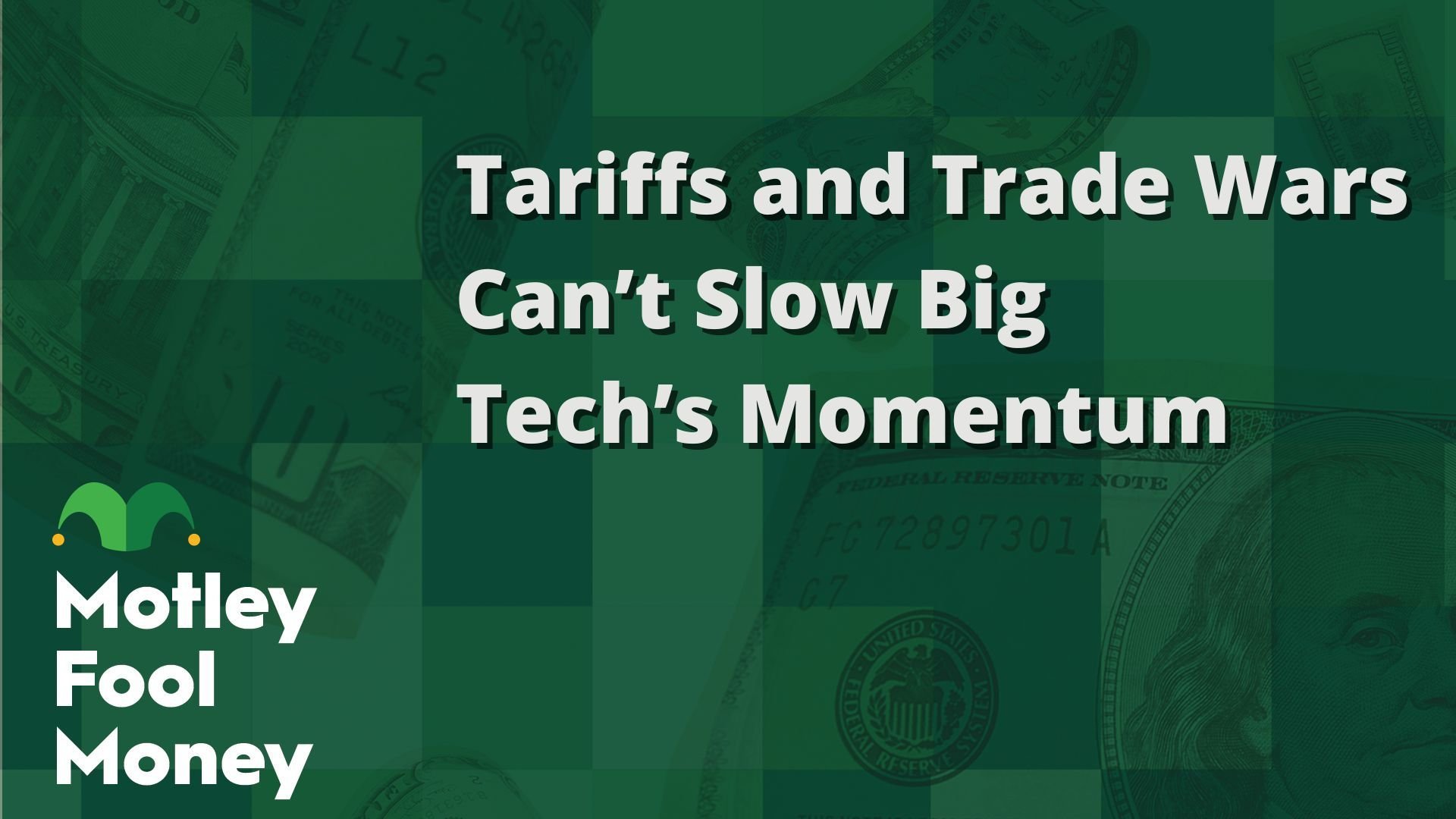Facebook (FB +2.06%) and the banks that use its platform have been in a somewhat heated debate over the privacy of customer data. In this segment from Industry Focus: Financials, host Jason Moser and Fool.com contributor Matthew Frankel discuss why Facebook may want banking data, and what the company could use it for in the future.
A full transcript follows the video.
This video was recorded on Sept. 24, 2018.
Jason Moser: First, I want to start this week's episode talking a little bit about Facebook. We were reading an article here last week in regard to Facebook, and relationships they've been trying to forge with banks. It seems like they've been trying to forge these relationships for a long time, even well before all of these recent data concerns. The data concerns, of course, that just came out, I think it probably cast a shadow of skepticism over Facebook, what it's really doing with our data, how much it really cares about our privacy. When I read about Facebook and I hear banks mentioned in the same conversation, I start to get a little bit curious as to how users really would feel about the two being tied together.
Now, I'll preface this by saying, Matt, I'm not a Facebook guy. I had a Facebook profile once upon a time, but I closed it and left that platform. It just wasn't for me. I don't use Instagram, I don't use WhatsApp, I don't use any of their stuff. I know I'm obviously in the minority here.
I want to kick it off to you here. From the very get go, when I think about Facebook trying to get relationships with different financial institutions, for me, I think more about the financial institutions. Why would a bank want to give up that data to Facebook? I mean, is the upside for the bank really worth it? I would assume Facebook would make it worth their while financially in some regard. But is the upside really worth it?
Matt Frankel: Facebook says that they just want all this data just for purposes of enhancing customer experiences. But, they can use the data they get from financial institutions for targeted ad purposes, as well. That's where banks don't really like this that much. They want to keep their customers' data as secure as possible. Customers don't really want their data used for those purposes in many ways. So, banks have been very resistant to this. Some banks have made individual deals with Facebook.
Just to give you an example, AmEx has a private chat bot on Facebook's platform. They made a special deal with Facebook, where they give some data directly to Facebook, but Facebook can't collect data from AmEx's secure chats. Bank of America, for example, chose to keep all of their private messaging off of Facebook's platform for this reason.
It doesn't really look like the banks think that they have a lot to gain by allowing Facebook access to their data. A lot of them have been very resistant so far.
Moser: I feel like when Facebook talks about wanting to enhance the user experience, to me, that's just code for selling more ads. That really is Facebook's bottom line at the end of the day. This is an ad play. For investors, if you're looking at Facebook as an investment, this is an ad play. It's not to say that's a bad thing. Obviously, Alphabet has done very well with an ad model. We see plenty of businesses that do very well with an ad model.
I guess I wonder, can Facebook at this point really be anything other than an ad play? I know they're talking about releasing some hardware here that's sort of a chat function, similar to an Amazon Echo. I'm not really sure I'd give that thing a chance. It seems like it's a little late to the game. But I just wonder, at least in the near term -- and I'm talking about next three to five years -- do we look at Facebook as anything other than an ad play?
Frankel: Not really. I really don't think Facebook has much ambition when it comes to banking itself. I don't really think that they're going to evolve into much more than an ad play. Like I said, they want this data mostly so they could target ads. Facebook's old policy before all these data issues came up, it used to be that they could use all available data to present the most targeted ads possible to customers. Now that they've gotten pushback, they've modified their policy a little bit. But at the end of the day, Facebook just wants to sell ads and use this data to target those ads so they can charge top dollar for them. It's not really a play toward getting into banking, or any consumer finance at all. I think they're just going to stay at ad play.
Moser: Yeah. It's always worth noting, consumers volunteer this information up on Facebook. It's not like they're twisting your arm. They've done a very good job building a platform here that more or less connects the world. You can use it, or you can choose not to use it. If you use it, it's not like you're paying anything for it. They have to support that some way. Selling ads is a reasonable way to do it. I think in today's day and age, if you use the internet, you have to go in there with the assumption that some of your data is just up for grabs, right? I certainly don't go into any of these types of stories thinking that my data is always going to be under lock and key. That's just not the way things work these days.






